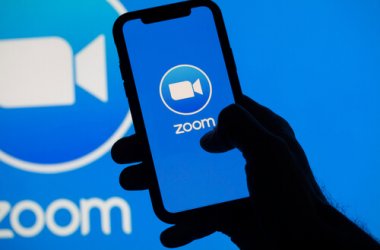Twitter is stopping all political advertising on the social media platform globally starting November 22nd, CEO and Co-Founder Jack Dorsey announced in a thread of tweets on Wednesday.
Dorsey, who shared several tweets on the reasons for this new policy, said paid ads force “highly optimised and targeted political messages on people”, going against the concept of earning reach thanks to Twitter’s follows and retweets.
We’ve made the decision to stop all political advertising on Twitter globally. We believe political message reach should be earned, not bought. Why? A few reasons…🧵
— jack 🌍🌏🌎 (@jack) October 30, 2019
Machine learning-based optimisation and micro-targeting, deep fakes and uncheck misleading information are just a few of the issues Dorsey mentioned with regards to the many challenges internet political ads present to civic discourse.
According to Dorsey, Twitter will stop all issue ads, not just candidate ads. Answering a user questioning how Twitter decides what constitutes an issue ad, Legal, Policy and Trust & Safety Lead at Twitter, Vijaya Gadde, said the social network’s current definition includes ads that refer to an election or a candidate, or ads that advocate for or against legislative issues of national importance, such as climate change, healthcare or immigration.
hi – here’s our current definition:
1/ Ads that refer to an election or a candidate, or
2/ Ads that advocate for or against legislative issues of national importance (such as: climate change, healthcare, immigration, national security, taxes)— Vijaya Gadde (@vijaya) October 30, 2019
The decision comes after increased scrutiny on Facebook’s decision to allow political ads on their platform without sending it to third-party fact-checkers. A decision, according to many, including presidential candidate Joe Biden, that boosts the spread of misinformation on the platform – with dire consequences on the US’ democratic process.
Facebook’s CEO and Chairman Mark Zuckerberg has been defending the choice for weeks, including last week in front of Congress, saying it supports the social network’s belief in free expression.
On Wednesday, Sheryl Sandberg, Facebook COO, in an interview with Bloomberg TicToc said their decision is not based on money, but on their belief free expression and in political speech where ads play an important role. Transparency, Sanderbg said, is what drives Facebook’s policies.
On the other hand, Dorsey said free expression has nothing to do with the issue.
“This isn’t about free expression. This is about paying for reach,” tweeted Dorsey, “And paying to increase the reach of political speech has signification ramifications that today’s democratic infrastructure may not be prepared to handle.”
Twitter’s final policy will be shared by November 15th, and will include any exceptions such as ads encouraging voter registration.





